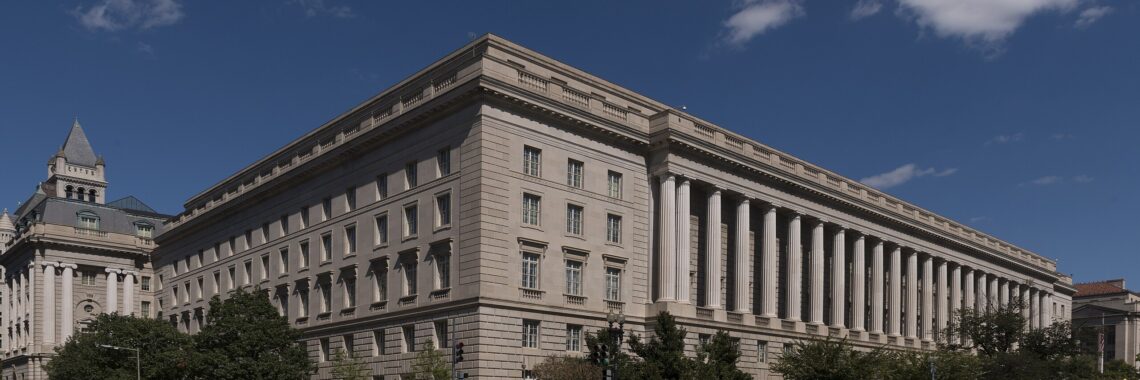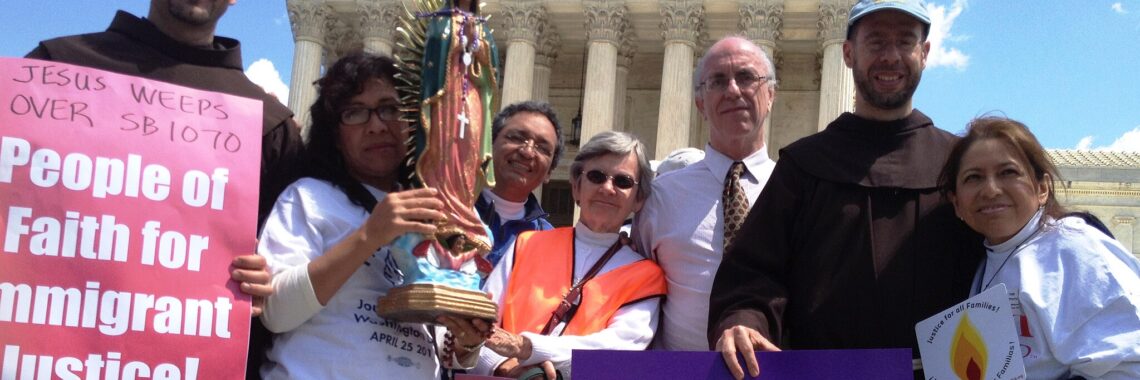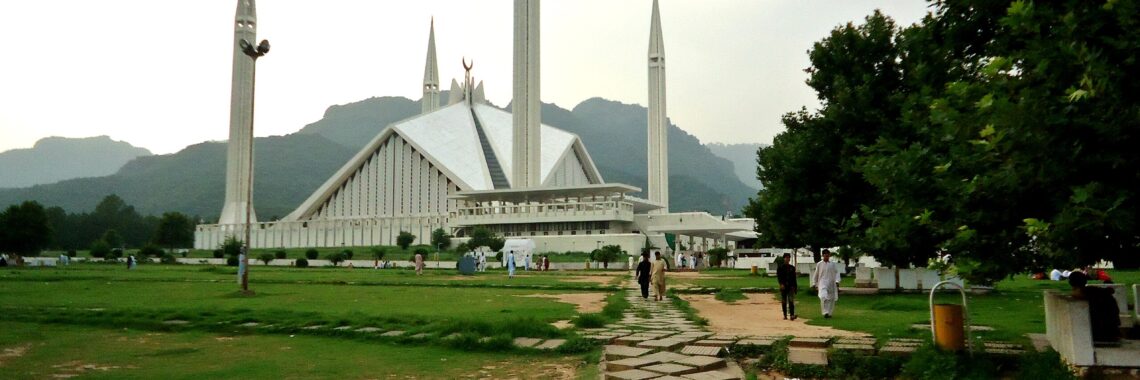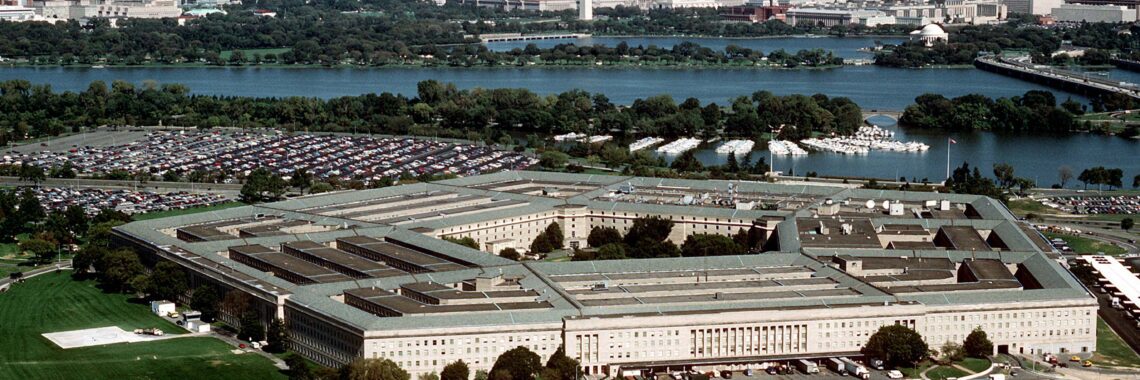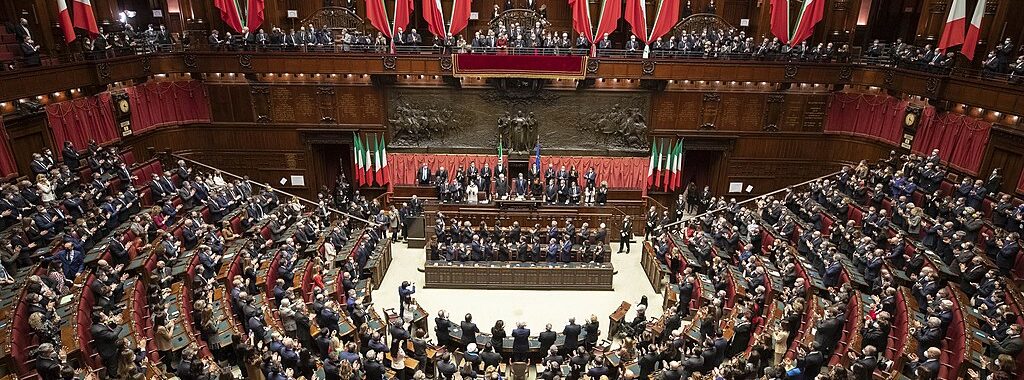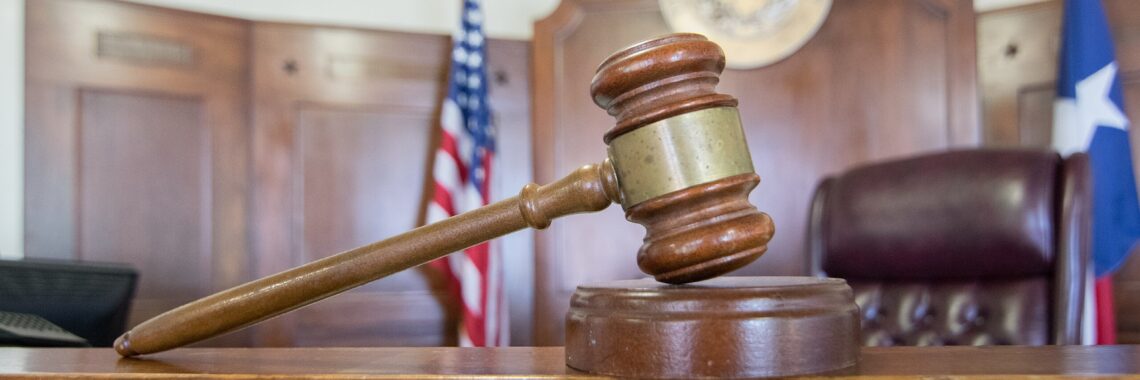“Religion, Politics, the Constitution, and Cost-Sharing Accounting: A Johnson Amendment Primer” by Benjamin Leff
Internal Revenue Service Building in Washington, D.C. Photo from the Carol M. Highsmith Archive. This article is part of our series on Law, Religion, and The Johnson Amendment. If you’d like to explore other articles in this series, click here. Some time around twenty years ago, when I was a lawyer instead of a law professor, I…


